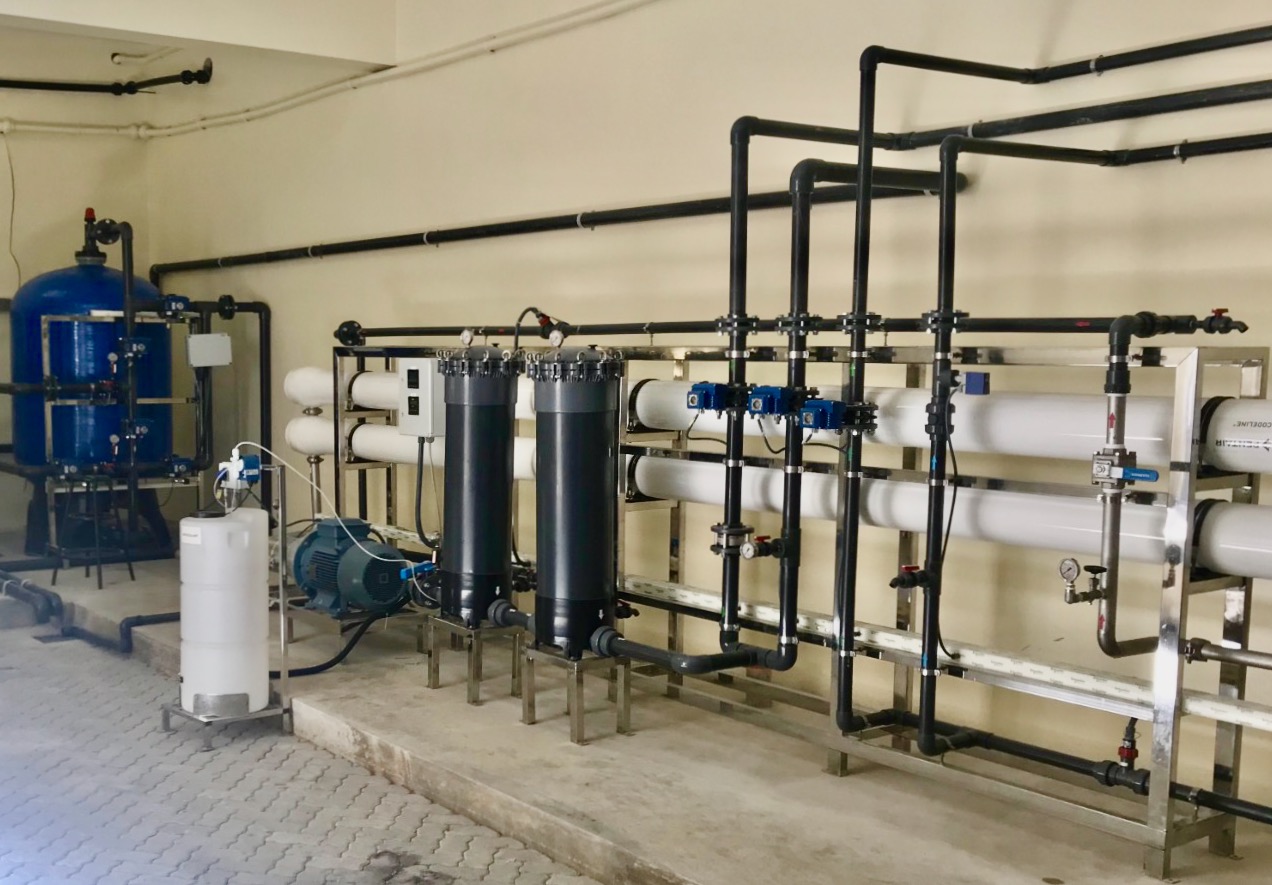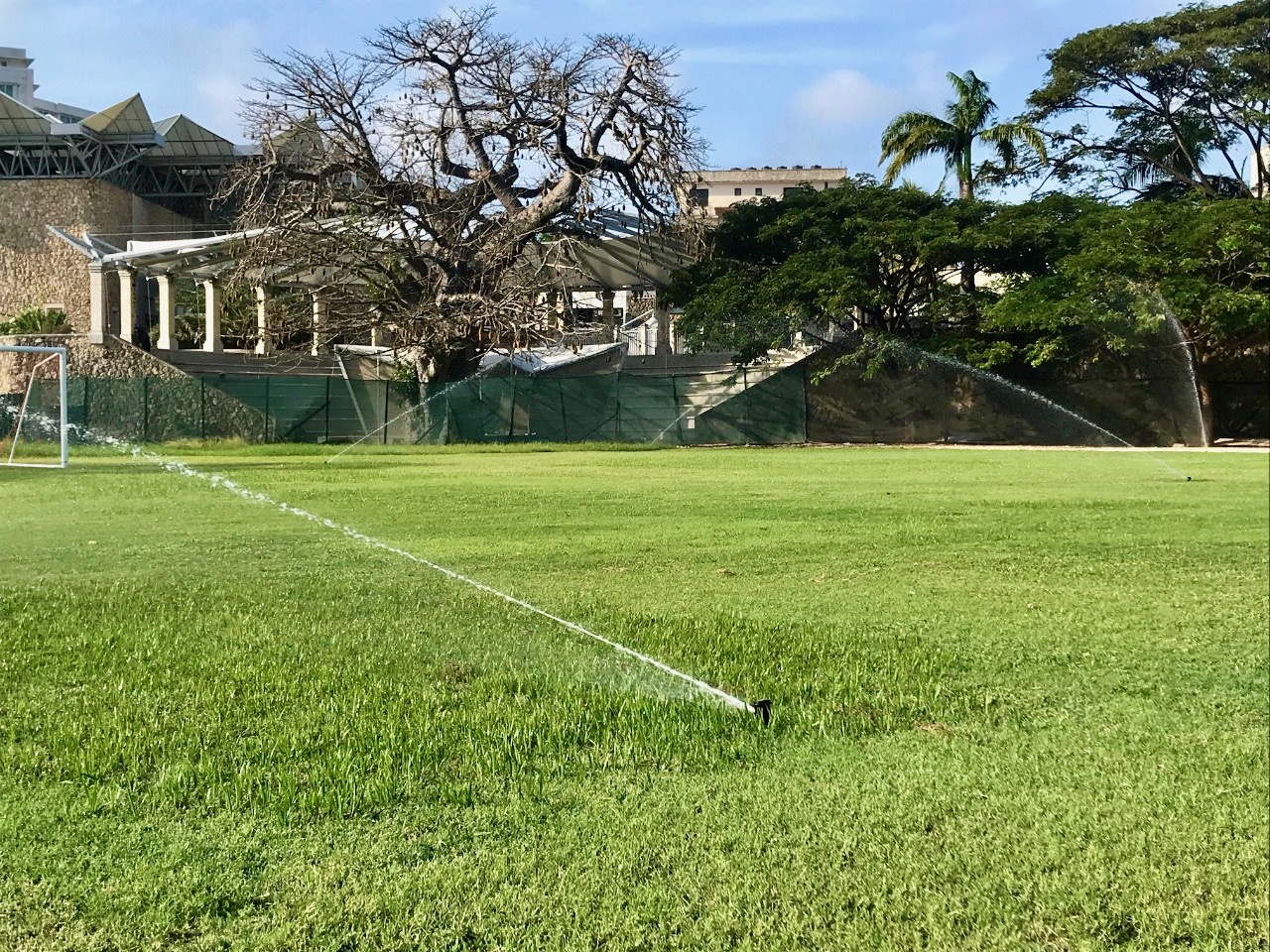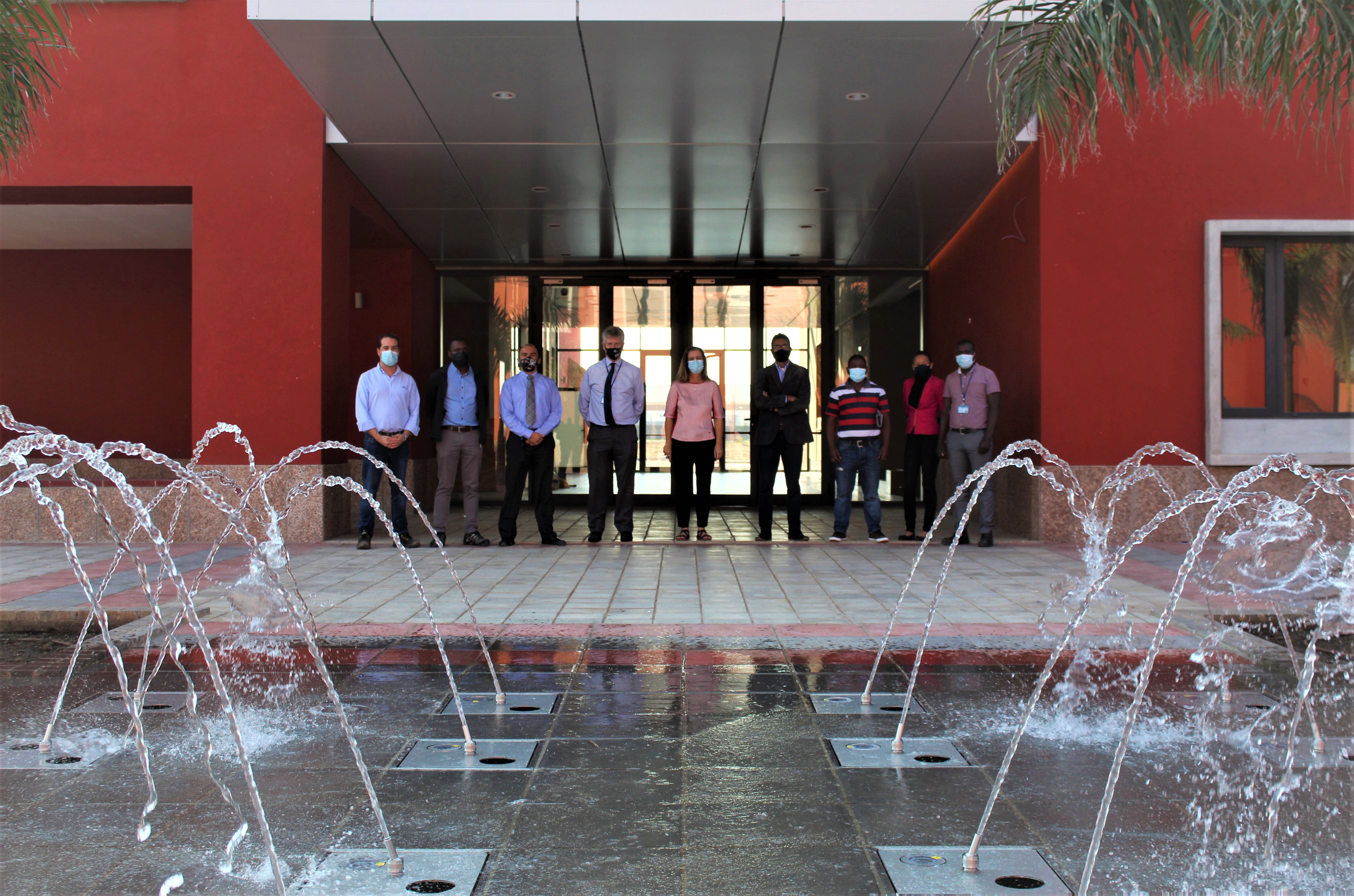World Water Week 2021: Fighting climate change through water preservation efforts
Our beautiful planet is in a climate emergency. With increasing temperatures, the melting of ice sheets in the Arctic, rising sea levels and much more, every effort – small or big – to tackle this climate emergency is necessary. Throughout the Aga Khan Academies, there are ongoing initiatives and plans crafted by students and staff aimed at preserving our planet for a brighter and greener future. In particular, the Academies has developed various water conservation efforts on its campuses that is not only beneficial to the environment but also educates its students on the importance of not wasting water.
The Aga Khan Academy Mombasa
As the first school in the Academies network, the Aga Khan Academy in Mombasa, Kenya has set a precedent when it comes to environmental sustainability efforts. The Academy has specifically focused on water preservation initiatives by working closely with industry experts to ensure the campus receives the best quality of water with the least environmental impact.
There are eight boreholes spread across AKA Mombasa ranging in salinity. Being an ocean-front campus, the quality of the borehole water is close to sea water quality. To disinfect the water and remove all of the excess salt, all of the borehole water collected runs through a filtration and reverse osmosis plant. The water then passes through a dolomite filter to remineralise it. Dolomite is a natural mineral which is formed by the presence of both calcium and magnesium in limestone. Once the remineralisation is complete, the water is ready for use and is supplied to the showers, handwash basins, kitchens and drinking water stations around the Academy. In addition to this, there are 49 drinking water units spread across the campus with extra filtration and disinfection systems to ensure the drinking water throughout the school is of the best quality.
After use, all of the wastewater throughout the Academy is collected in an underground wastewater treatment plant on the far edge of the campus. Here, the water is treated to meet the Kenya National Environmental Management Authority (NEMA) and European standards for reuse. Upon treatment, the water is colorless and odorless and is used for irrigation across the 18-acre campus. Overall, the water conservation initiatives at AKA Mombasa ensures that 100 per cent of the water that passes through the campus is used twice, ensuring maximum use and zero waste of a scarce resource.
“It’s important to conserve water and use our water supply wisely,” said Diploma Programme 1 student at AKA Mombasa Maaher Bhaloo. “By acting responsibly and saving water we are saving energy, which helps us have a better environment on campus, making us more environmentally conscious. By saving water we encourage a more sustainable world.”
The Aga Khan Academy Maputo
At the Aga Khan Academy in Maputo, Mozambique, the campus sits on a 50-acre plot of land with over 280 students and over 70 staff members. Although AKA Maputo is one of the recent Academies to open in 2013, it has already established numerous environmental efforts across the campus from its lush plant nursery to its water conservation initiatives.
As the public water supply in Mozambique is a scarce resource, the Academy has three boreholes on campus that it uses for its irrigation system and fire network. This uses natural and sustainable resources and reduces the Academy’s consumption of municipal water. For the irrigation system, the water from the boreholes is used via timed sprinklers that are spread across the campus. This helps avoid manual irrigation and reduce the wastage of water.
“Manual irrigation can be wasteful as it becomes difficult to keep track of the amount of water that is used, as well as how long the water is used for,” said Magno Muchanga, the Academy’s site supervisor.
In addition to this, AKA Maputo’s water fountains have been designed to preserve water as well. As the water comes out of the fountain, it is then circulated back in for reuse in order to avoid any wastage of water.
“Due to an increasingly warm climate, our natural water resources are drying up,” Magno said. “We need to continue to find ways to save water for future generations, and we have to try to use more sustainable means to access water.”
As the campus is still expanding with new academic facilities, AKA Maputo’s eco-friendly initiatives are also increasing with students becoming more environmentally conscious as they learn about climate change and the environment through the Academy’s International Baccalaureate (IB) curriculum.
Grade 8 student at AKA Maputo Rozy Tivane emphasises the need to keep future generations in mind when discussing water conservation. "It is important to avoid depleting water sources as we must protect these sources for when future generations are confronted with greater climate crises,” Rozy said.







